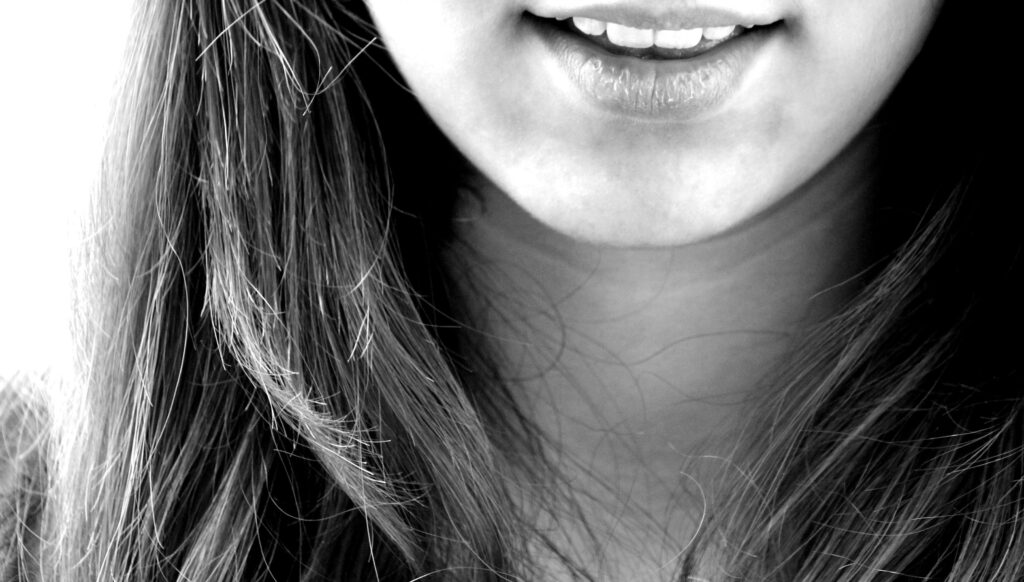Read our 600+ google reviews
Professional Dental Cleaning vs. At-Home Care: What’s the Difference?


Most people know that brushing and flossing are essential for keeping their teeth healthy. But if you’re relying solely on your at-home routine to protect your smile, you could be missing a critical piece of the puzzle. While daily brushing and flossing help control plaque, they don’t do everything—and that’s where professional dental cleaning comes in.
If you’ve ever wondered why you need a dental cleaning when you already take good care of your teeth at home, here’s a breakdown of what sets a professional dental cleaning apart and why it’s worth scheduling every six months.
What At-Home Dental Care Can (and can’t) Do
At-home dental care lays the foundation for a healthy mouth. Brushing removes food debris and soft plaque from the surfaces of your teeth. Flossing gets between the teeth and under the gumline, places a toothbrush can’t reach. Together, they help keep bacteria in check and prevent the early stages of tooth decay and gum disease.
But no matter how thorough you are, there are always areas that are hard to clean well, like the backs of molars or the deep grooves in your teeth. And if plaque is left behind for too long, it hardens into tartar, a substance that can’t be removed by a toothbrush or floss.
RELATED ARTICLE: Regular teeth Cleanings Are More Important Than You Think
What Happens During a Professional Dental Cleaning
Professional cleanings go beyond what’s possible at home. Your dental hygienist uses specialized instruments to remove hardened tartar from your teeth and just beneath your gumline. This process, called scaling, helps prevent inflammation and infection in the gums, issues that often lead to gum disease if left untreated.
After tartar removal, the hygienist polishes your teeth with a gritty toothpaste that smooths the enamel and removes surface stains. This makes it harder for plaque to stick to your teeth in the future. Flossing during the visit also helps remove debris that may have been missed earlier in the process.
In many cases, your dentist will also conduct an exam to check for signs of cavities, gum disease, oral cancer, and other concerns. These early checks can catch problems long before you notice symptoms, saving you both discomfort and money in the long run.
RELATED ARTICLE: When Is It Time for Dentures?
Why professional tools and expertise matter
Dental professionals are trained to spot early signs of trouble that might not be visible to the untrained eye. Small cavities, early gum inflammation, or changes in the soft tissues of your mouth can all be detected during a routine visit and addressed before they require more invasive treatment.
The tools used during professional cleanings are designed to reach deep into areas your toothbrush simply can’t. Ultrasonic scalers and hand instruments are able to remove stubborn tartar without damaging your enamel, something at-home scraping tools often can’t do safely.
It’s Both; Not Either/Or
The truth is, professional cleanings and at-home care work best when used together. Your daily brushing and flossing help maintain your oral health between visits, while professional cleanings handle the deeper work that keeps tartar, decay, and gum disease in check.
If it’s been a while since your last cleaning, don’t wait until you have a problem. Preventive care is always easier (and less costly) than corrective care.
RELATED ARTICLE: Emergency Dental FAQ: Where to Turn When You Need Help Fast in Michigan
Professional Dental Cleaning vs. At-Home Care FAQs
Q. Isn’t brushing and flossing enough to keep my teeth clean?
A. Brushing and flossing are essential, but they can’t remove hardened tartar. Only a professional cleaning can do that, especially in hard-to-reach areas.
Q. How does a hygienist clean my teeth differently than I do at home?
A. A hygienist uses specialized tools to remove tartar and polish your teeth more thoroughly than a toothbrush can. They also check for early signs of oral health issues you may not notice.
Q. Can I skip cleanings if I use an electric toothbrush?
A. Electric toothbrushes can improve your daily routine, but they still don’t replace the need for a professional cleaning. Tartar can build up even with great brushing habits.
Q. How often should I get a professional dental cleaning?
A. Most people should visit the dentist every six months for a cleaning. Those with a history of gum disease or excessive tartar buildup may need more frequent visits.
Protect your smile now and in the future. Contact New Era Dental to schedule your next professional dental cleaning.
